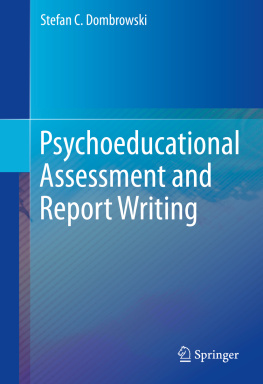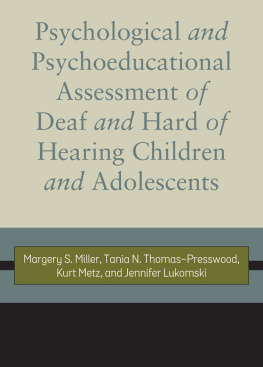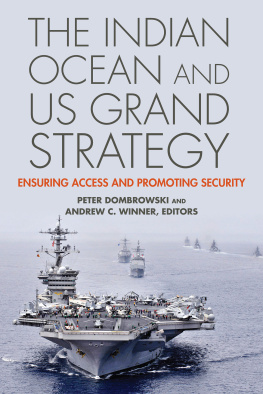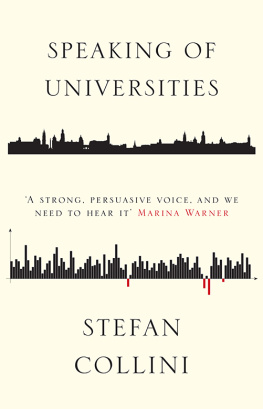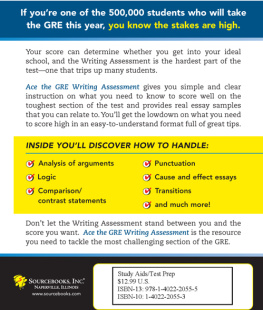Stefan C. Dombrowski - Psychoeducational Assessment and Report Writing
Here you can read online Stefan C. Dombrowski - Psychoeducational Assessment and Report Writing full text of the book (entire story) in english for free. Download pdf and epub, get meaning, cover and reviews about this ebook. year: 2015, publisher: Springer New York, New York, NY, genre: Science. Description of the work, (preface) as well as reviews are available. Best literature library LitArk.com created for fans of good reading and offers a wide selection of genres:
Romance novel
Science fiction
Adventure
Detective
Science
History
Home and family
Prose
Art
Politics
Computer
Non-fiction
Religion
Business
Children
Humor
Choose a favorite category and find really read worthwhile books. Enjoy immersion in the world of imagination, feel the emotions of the characters or learn something new for yourself, make an fascinating discovery.
- Book:Psychoeducational Assessment and Report Writing
- Author:
- Publisher:Springer New York, New York, NY
- Genre:
- Year:2015
- Rating:5 / 5
- Favourites:Add to favourites
- Your mark:
- 100
- 1
- 2
- 3
- 4
- 5
Psychoeducational Assessment and Report Writing: summary, description and annotation
We offer to read an annotation, description, summary or preface (depends on what the author of the book "Psychoeducational Assessment and Report Writing" wrote himself). If you haven't found the necessary information about the book — write in the comments, we will try to find it.
Psychoeducational Assessment and Report Writing — read online for free the complete book (whole text) full work
Below is the text of the book, divided by pages. System saving the place of the last page read, allows you to conveniently read the book "Psychoeducational Assessment and Report Writing" online for free, without having to search again every time where you left off. Put a bookmark, and you can go to the page where you finished reading at any time.
Font size:
Interval:
Bookmark:
Overview of the Psychoeducational Assessment and Report Writing Process
- Assesses most domains of functioning including cognitive, academic, social, emotional, behavioral, and adaptive functioning.
- The report structure and format are similar.
- The approach to conceptualizing and classifying/diagnosing is data-driven and evidenced based.
- Uses many of the same norm-referenced assessment instruments.
- Psychoeducational assessment may not fully present the results of an evaluation of family functioning because of concerns over family privacy issues. A psychological assessment may evaluate family functioning more fully.
- The bulk of psychoeducational assessments occur within the kindergarten to grade 12 time period. Psychological assessment spans the life span from infant to geriatric.
- To determine a classification, psychoeducational assessment primarily determines whether there has been an adverse impact on childrens educational functioning whereas psychological assessment will investigate for an impact on social, vocational, and relational functioning.
- Psychoeducational assessment generally stays away from personality assessment and projective measures (e.g., Rorschach). Psychological assessment will investigate more fully personality dimensions and may utilize projective measures.
- Psychological assessment encompasses forensic evaluation including child custody, child welfare, criminal cases, and other forensic matters.
- Psychological assessment usually involves a licensed psychologist. In the US school setting, psychoeducational assessment may be conducted by masters level or educational specialist (Ed.S.) practitioners.
Font size:
Interval:
Bookmark:
Similar books «Psychoeducational Assessment and Report Writing»
Look at similar books to Psychoeducational Assessment and Report Writing. We have selected literature similar in name and meaning in the hope of providing readers with more options to find new, interesting, not yet read works.
Discussion, reviews of the book Psychoeducational Assessment and Report Writing and just readers' own opinions. Leave your comments, write what you think about the work, its meaning or the main characters. Specify what exactly you liked and what you didn't like, and why you think so.

